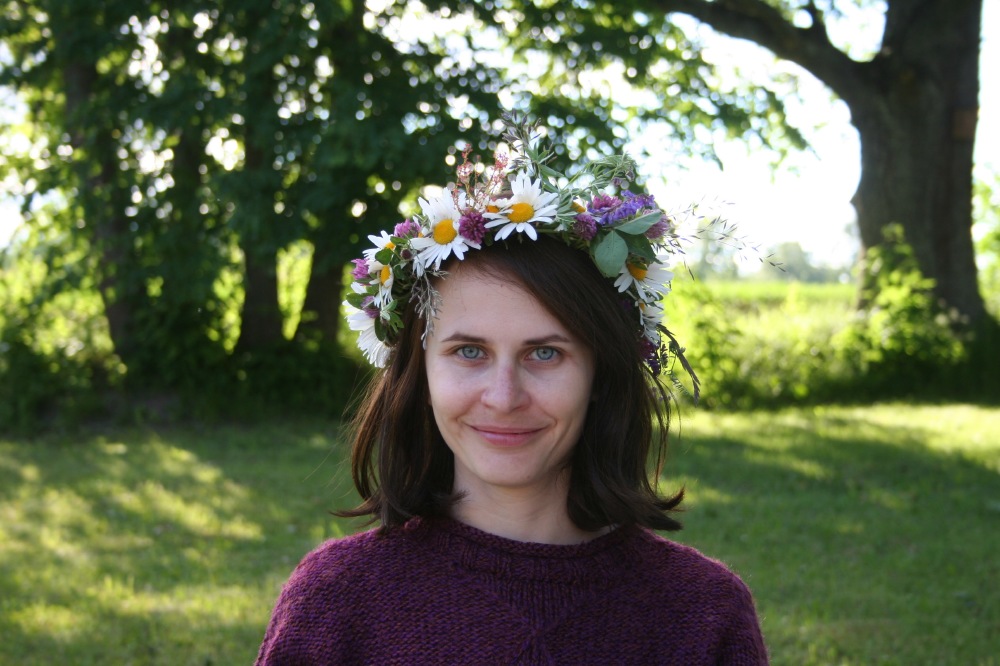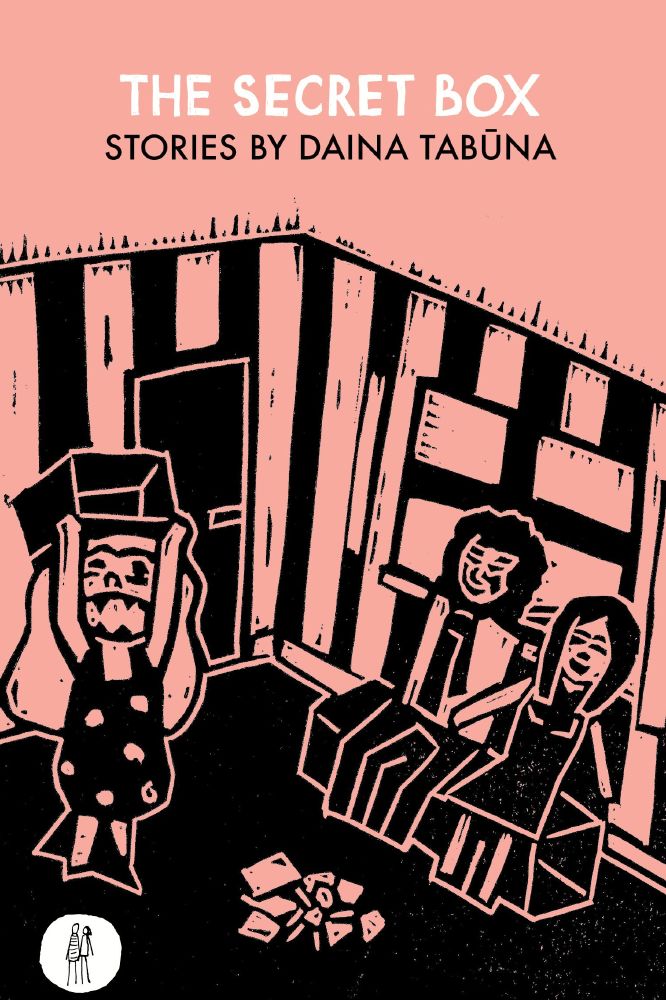While working on my first collection of stories (three of them are now published in English as “The Secret Box”), I created near perfect circumstances for writing.

Daina Tabuna
I quit my job so I could fully commit to this project, and applied for unemployment benefit. (I admire people who can balance writing fiction and working a “real” job, but I find that hard to relate to.)
With my dad's kind permission, I moved to his flat to reduce my expenses – plus have 24-hour access to the abundance of his fridge. I had the luxury of a separate room and even a separate computer for my writing sessions only.
Also, prior to that I spent several years gradually building up in my head the stories I felt I absolutely needed to write.
Still, the moment I'd sit in front of that Word file was the scariest of the day.
You're only embarrassing yourself – the screen kept telling me. Don't do it. Do something that's more fun.
Most nights I went to sleep swearing that tomorrow I'll start working before dark, and almost never managed to do that.
I purposely never found out how to connect my “writing” computer to Wi-Fi so I wouldn't endlessly scroll Facebook, and instead ended up with the lamest addiction ever – compulsively playing Minesweeper and FreeCell, which were the only games installed.
But since I've already made such drastic changes in my life and told everyone I knew about it (often reluctantly), there was really no way out of it. I had to find a way to get this book done.
Some of the methods were quite conventional – such as exploring the universes of my stories through handwritten streams of consciousness, drawing colourful timelines and mind maps, and getting friends' feedback about the finished parts. Starting every writing session with journaling – basically cleaning out the mind clutter – turned out to be of great value as well.
Some were less traditional. When my concentration levels hit super low, I'd sometimes record Gollum-ish monologues with my video camera, along the lines of – “It's 5 o'clock. Now you will write until 6, and then we can check up once again, and then maybe you can work another hour before dinner. Sounds ok, my precious?”
The most important thing was probably just sticking to a routine.
For a writer, it's hard to measure the hours put in work – especially if you're writing coming-of-age stories that are partly based on your own experience, like I did. Does overanalysing your past traumas count as a productive time? Or a whole day watching music videos you loved as a teenager? Is it procrastination to binge through articles that are somewhat related to your ideas – or essential research?
All of these things can become beneficial in unexpected ways. But in the end it still comes down to that painstaking search for that one word in that one sentence you need to get right.
I didn't restrict myself to a specific number of hours or lines, but I tried to get at least some actual writing done every day, 5 days a week. Sometimes pages flowed freely. Sometimes outlines for a couple of paragraphs were all I could squeeze out. There were days I deleted a month's work just to replace it with one phrase.
And then, at some point of this dull process, a book has appeared before me. It still feels as sort of a miracle when I think about it.
Now, when I'm working on my second book, have things become easier? Or at least – have I been freed from the curse of FreeCell?
Not really.
There is one advantage though. I can tell myself that I have done this once. So, theoretically, it can be done again.

The Secret Box by Dania Tabuna is published by The Emma Press, translated from Latvian by Jayde Will.

